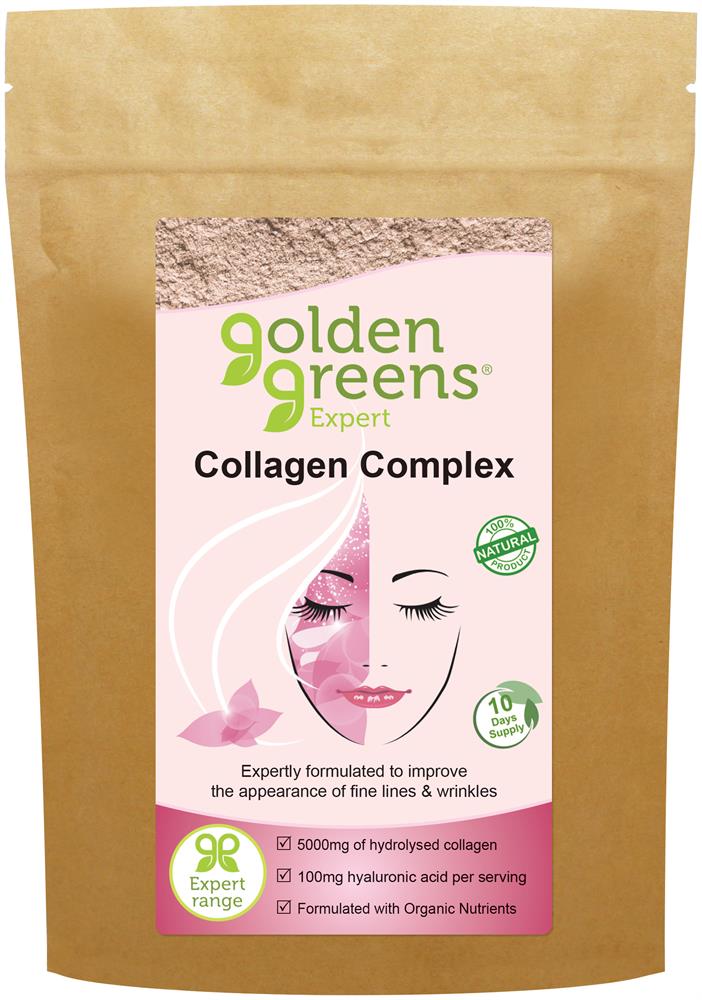The Health Benefits of Collagen
Smoking, stress, poor diet, the sun’s rays and atmospheric pollution can all damage our skin, causing it to lose its elasticity, causing wrinkles. Skin can also be damaged by common conditions such as acne and rosacea. In the last few decades, a lot of buzz has emerged around collagen, which is structural protein found in connective tissues. The main claims for it centre around its ability to bring youth, glow and suppleness back to ageing skin.
Collagen is the most abundant tissue in our bodies, and can be found in our skin, tendons, muscles and ligaments. It’s often referred to as the body’s scaffolding. By the age of 50, though, it’s estimated that we’ve lost 50% of the collagen made by our bodies naturally.
The main sources of collagen for health products is currently fish, although it is sourced from animals used in the meat industry too. There are some ‘vegan collagen’ options being trialled too. Collagen used to be administered in injections, but is now mainly taken in supplement form as pills or a powder. But what are the health benefits of collagen, and how well does it work?

It does indeed work wonders for the skin
A study carried out in 2014 concluded that middle-aged women who took oral collagen daily for 8 weeks showed a significant increase in skin elasticity, moisture and smoothness compared to the placebo group. Other studies have found that collagen leads to a big reduction in skin dryness and visible wrinkles, and increases blood flow in the skin. It was also found to help wounds heal more effectively.
Collagen is rich in in the amino acids glycine and proline. These are essential for our joints to repair themselves and operate smoothly. As we get older, we lose our natural collagen and this is one of the main reasons older people suffer from problems with tendons and joints. This review of the medical literature discovered that a growing body of evidence provided a rationale for the use of collagen hydrolysate for patients with osteoarthritis and other joint disorders.
Collagen provides support to the body’s internal infrastructure, including the arteries. Without collagen, these become more fragile, and a narrowing of the arteries known as atherosclerosis can occur, leading to stroke and heart attack. Collagen can make these tubes more supple, reducing stiffness and thereby reducing the risk to heart health. Collagen has also been shown to increase levels of good (HDL) cholesterol significantly.
Bones are predominantly made of our naturally-occurring collagen, but their strength decreases as we lose collagen with age and their mass reduces. Taking collagen protects against bone weakness and the problems it can bring, such as osteoporosis. It promotes bone mineral density, which is a measure of the minerals such as the fortifying calcium found in our bones.
Want to be kind to your skin and joints? Come and have a look at our great range of collagen products here!





